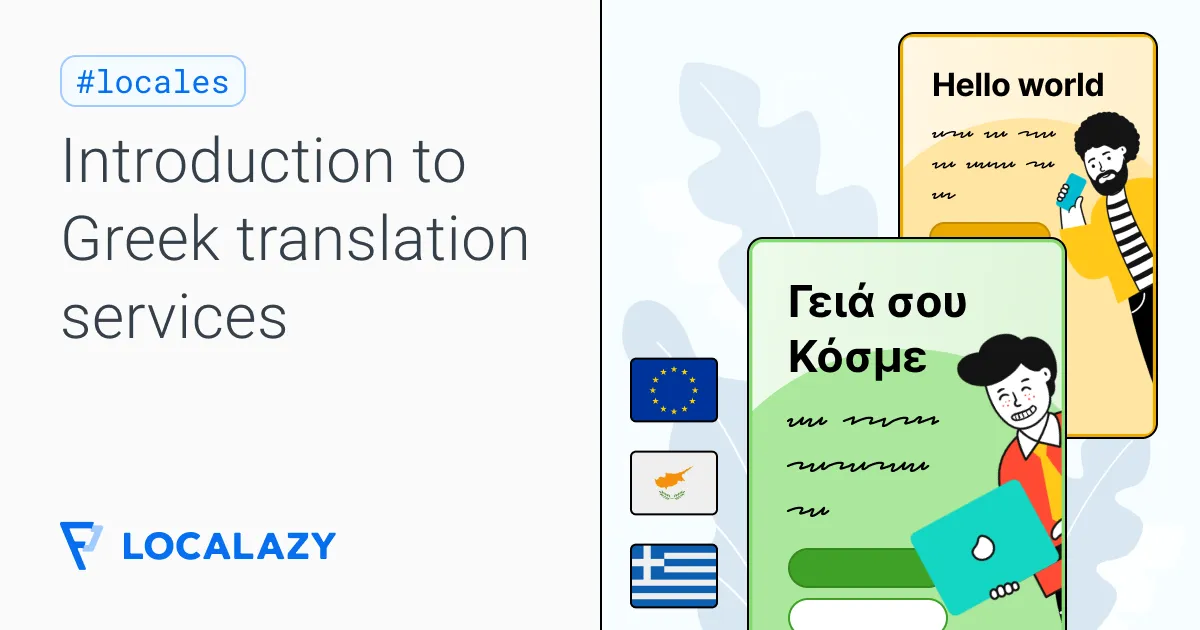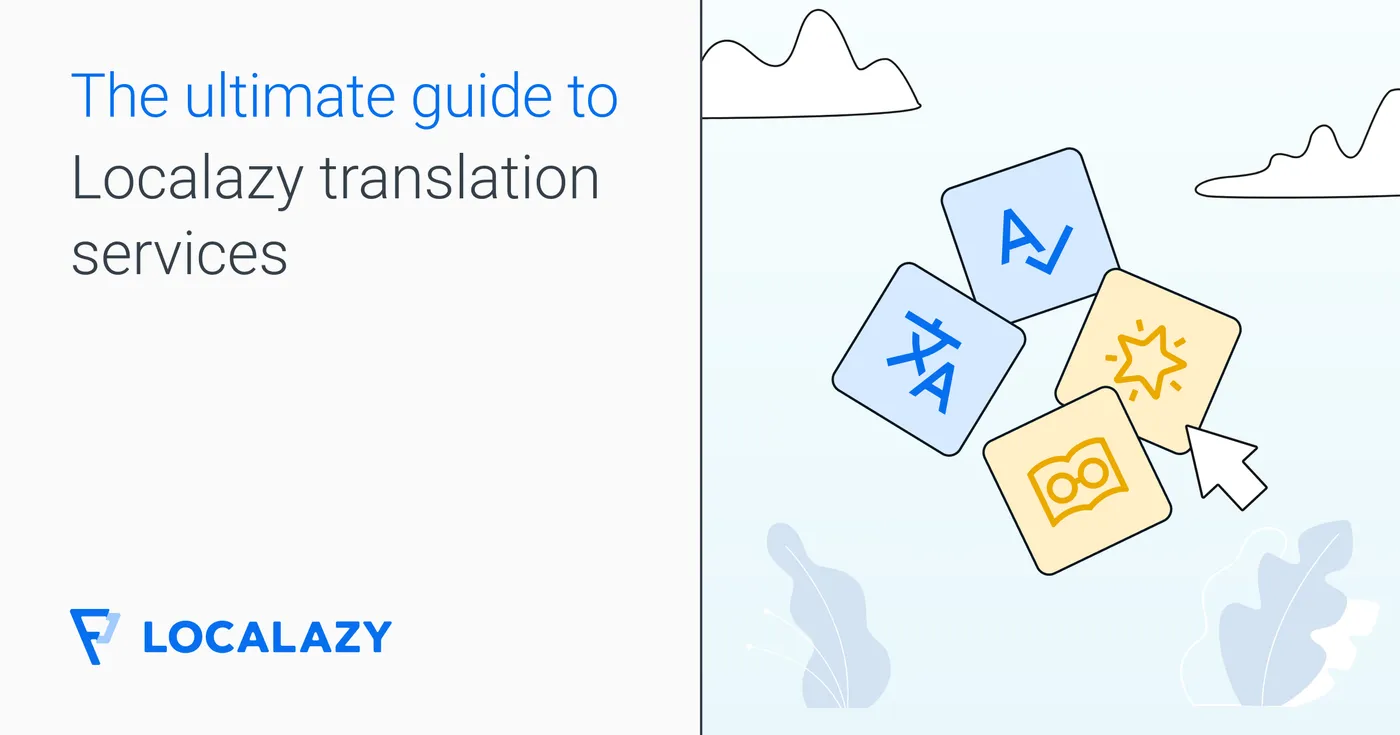🏛️ Some quick facts about the Greek language 🔗
First off, it is better to start by taking a tour of the history of the Greek language, which is the basis of Modern Greek, but also the basis of Latin and Latin-based languages as well.
How old is the Greek language, and how much has it changed? 🔗
The history of the Greek language is very long – after all, the language forms the foundation for many languages – and begins in the 12th century BC; its first written form comes from the Homeric Epics, the "Iliad" and the "Odyssey".
During the 6th and 5th centuries BC, it takes its final form as "Ancient Greek", through the written texts of Plato, Herodotus, Xenophon, and Thucydides, up to Aristotle. In this form (with minimal variations), it was preserved during the Byzantine Empire until the beginning of the 19th century AD.

Between the end of the 19th century and the beginning of the 20th AD, it transformed into its current form, known as "Modern Greek".
Greek is a primary language, meaning that it can and does produce/create other languages. Its structure is mathematical – it is based on the geometric perception of space and follows the method of rationalism, which the Ancient Greeks developed through philosophy and the sciences.
It is characterized by a clear separation of the 2 sexes and introduces the concept of Neutral (objects, things, etc.).
It uses 3 main categories – called the 3 declensions – along with their corresponding 3 articles (masculine, feminine, and neuter). It also uses the "Grammatik Cases" (i.e. Nominative, Genitive, etc.) so as to allow each and every word to express the circumstances surrounding the word at the given moment e.g., direct reference, oblique reference, attribute reference, etc.
Verbs belong to 2 main categories – Active category and Passive category – thus denoting the description of a situation, i.e., direct action towards a third party or indirect action by and towards oneself.
Where is Greek spoken? 🔗
Greek is the official language of Greece, with a population of about 11 million people, and Cyprus, with about 600,000 inhabitants.
It is also the second "official" language for approximately 25 million Greeks (1st, 2nd, and 3rd generation) all over the world, as Greeks and people of Greek origin reside in all countries of the world (primarily concentrated in Australia, Germany, the U.S., Canada, and European countries).
In a broad sense, the Greek language is also somewhat similar to Russian, as the grammatical structure of the Greek language formed the basis of the Russian language (11th - 12th century AD).

Greek as a multi-level/polycentric language 🔗
Understandably, the language used by Greeks or people of Greek descent outside of Greece differs somewhat from the standard Greek used in Greece. Even in Cyprus, there are some differences that appear mainly in spoken language – not so much in writing.
In the countries where there are Greek schools (Germany, Australia, USA), the teaching and learning of the Greek language is on a satisfactory level and does not differ much from the language used in Greece.
What makes the task of translating from or to Greek somewhat difficult is the existence of several dialects – using place-names (toponyms) and variations of expressions – and for this reason, the translator must be Greek and ideally live in Greece.
What language is the closest to Greek? 🔗
That's a good question. 😊
Greek is totally different from all other languages. So the answer is none!
The Greek language uses a special alphabet that is unique worldwide, consisting of 24 letters that do not exist in any other language.
A typical sample of Greek letters includes "a, b, c, d, ... z, h, i, ... λ, ... ξ, π, ... φ, χ, ψ, ω". The language also uses different punctuation, such as the question mark, which is written as ";", and the "upper dot", which is written as "˙"
One of the basic components of the Greek language is prepositions. These are monosyllabic and two-syllable words that can be inserted before or after a noun, verb, adjective, and so on to create a new meaning or even a new word entirely.
The Greek language has some peculiarities in its grammar, too, such as:
- the conjugation of verbs, nouns, adjectives, etc., where the ending of the word changes depending on the gender (masculine, feminine, or neuter),
- and the clear division into three genders.
📚 Professional Greek translation services 🔗
There is an inexplicable tendency among Greek speakers to translate literally everything. This is, however, a bit of a double-edged sword as most speakers are not forced to learn a foreign language.
According to Eurostat's latest statistics, more than 70% of middle-aged and older Greeks living in Greece do not speak any foreign language, whereas the young population knows English as a second language.
And though among younger speakers, these numbers are already changing, the work of Greek translation services is essential; this also applies to the minority speech communities, which have a much greater need to nurture the use of their mother tongue.

What makes a Greek translation service professional? 🔗
When searching for online Greek translation services, the most important thing is to make sure you are working with native speakers. Greek is quite a unique language – actually is stand-alone between all other languages and is professionally spoken mainly by native or bilingual speakers.
Of course, that doesn’t mean that just any native speaker can do a proper translation for you – but you should find Greek translation service agencies that work with native translators to provide us with professional services.
In addition, because of the complexity of the language, proper machine translation technology has not been developed yet, and in many cases, even professional translation software can be wrong. For example, there are inflected word forms in Greek that can have several meanings (some came from Ancient Greek and/or the Byzantine period), and it is difficult to understand the use of the nominative or genitive grammatical forms, whereas in “genitive” a mistake could affect not only the article but also the ending of the word, etc.

The most common language pairs 🔗
Despite the high cost of manual translations, for the reasons mentioned above, they are essential in order to receive professional services. Naturally, the prices may vary based on language pairs. English–Greek [and vice versa] translation services are the most common and, therefore, the most suitable, but one can easily find professional bilingual translators among the minority speakers as well, especially in combination with the official language of their home country.
Besides the English-Greek pair, German-Greek and French-Greek translation services are also fairly common.
🚩 Greek localization with Localazy 🔗
With Localazy, you can effortlessly translate your software projects, websites, and other digital content into multiple languages, including Greek. Our team of professional translators is full of native speakers, ensuring high-quality translations. Just make sure to provide a comprehensive context bank for your texts!
Learn how to order translations for your project in
The ultimate guide to Localazy translation services.
Translate your projects from English to Greek comfortably with Localazy now and reach millions of speakers in the southeast of Europe and the Greek diaspora all over the world!




